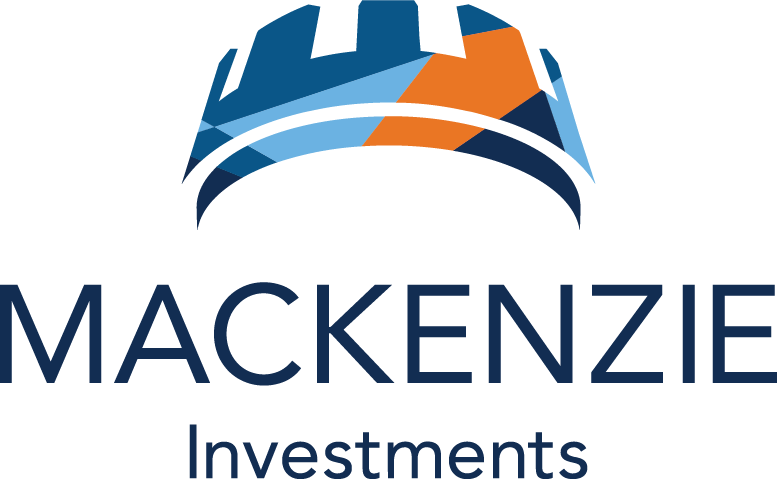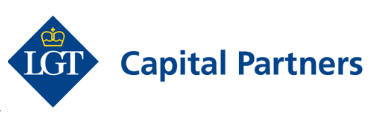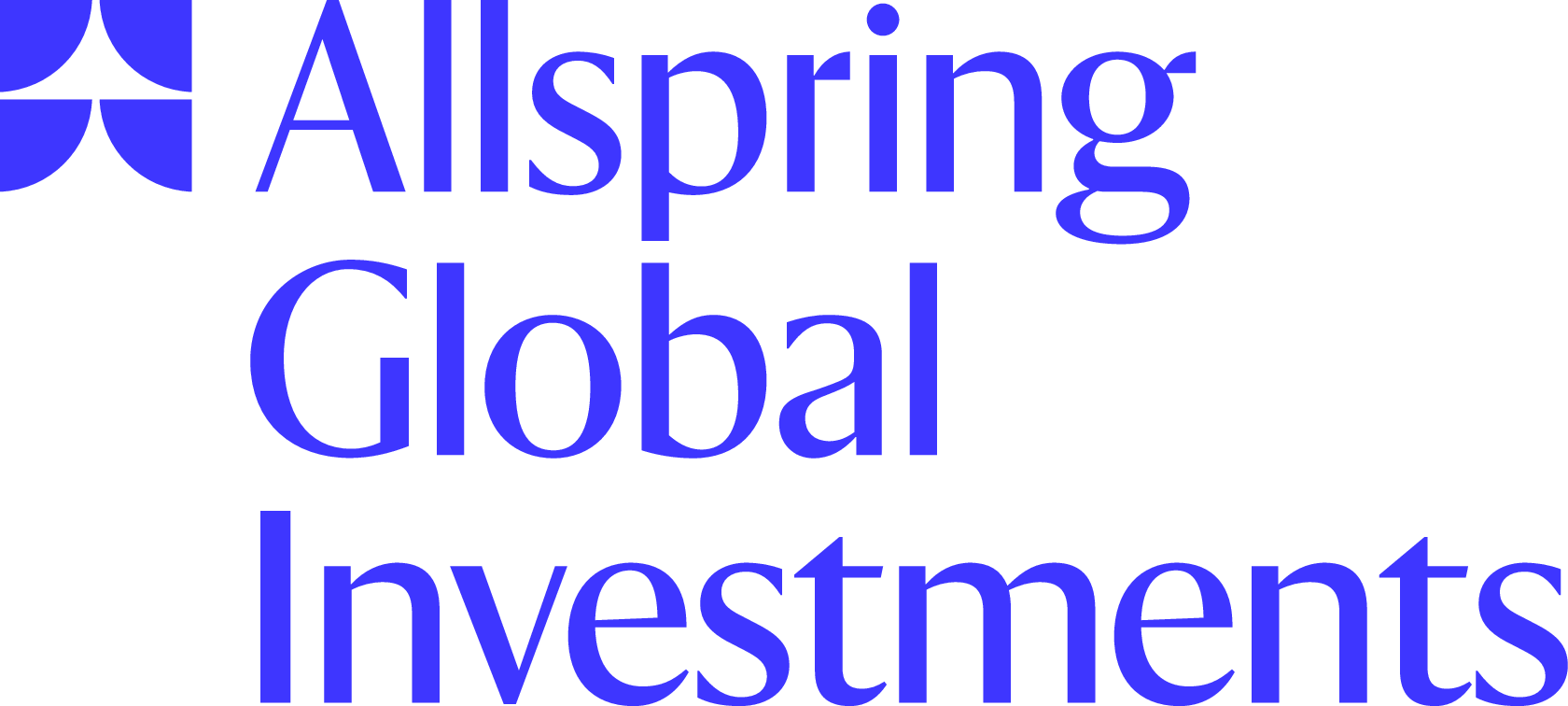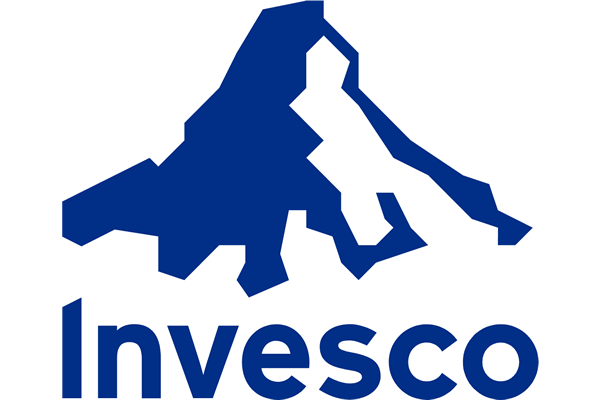
March 2021
ESG NEWS IN COLLABORATION with
Here are the top news, stories, observations and other interesting things that we hear about in the market, with relevance for selection teams and sustainable investing.
#1 GFS and NordSIP partner on ESG Communication
Global Fund Search and NordSIP, the Nordic Sustainable Investment Platform, have decided to enter into a partnership to help spread relevant news and analysis regarding the developments of ESG and sustainable investments, as well as impact investing in the Nordics and beyond.
“Partnering with Global Fund Search is a win-win for both of our platforms. Asset owners, fund selectors and asset managers all need to work together to channel capital towards solving global imbalances and, most urgently, climate change. Both our organisations are there to help them find each other. Meanwhile, we also want to challenge them to go one step further, whenever possible,” comments Aline Reichenberg Gustafsson, CFA, Editor and Founder of NordSIP.
“It has been amazing to see how the momentum behind ESG-related searches has been accelerating. We want to support this trend and showcase to institutional investors how and why it matters. We serve a global market, and we are based in the Nordics, so it is great that we can utilize the local expertise to inspire others to up their ESG game. We are excited to be partnering with NordSIP to provide expert insights on our platform,” says Alexander W. Probst, Head of Asset Manager Relations at Global Fund Search.
Read the full article here (source: NordSIP)
#2 NordSIP EU Sustainable Finance Regulations Handbook
When it comes to regulation, no one is ever particularly excited. As Otto von Bismarck reportedly said, laws are like sausages – good to have, but no one wants to see how they are made. Lawmakers are always rushed, and those who are regulated find the rules cumbersome and often only accept them begrudgingly. Although there is widespread societal support for climate change mitigation across Europe, the EU sustainable finance agenda is no exception. The sausage factory was hard at work despite the pandemic. To match the sense of urgency that the EU Commission has imparted, both experts and lawmakers got busy scraping, grinding, blending and stuffing(1) to meet the tight deadlines.
In this edition of NordSIP Insights, we poured over the EU Sustainable Finance Action Plan, reviewing the progress of its initiatives, and taking in-depth looks at the Taxonomy, the EU Green Bond Standards and Disclosures. We talked to eight asset owner and asset manager experts, from Sweden, Denmark, Finland and beyond to understand what effect the new rules will have on the industry: State Street’s Ciara Horigan and Carlo M. Funk, Kåpan’s Marie Giertz, Storebrand’s Kamil Zabielski, Varma’s Hanna Kaskela, SEB Investment Management’s Robert Vicsai, Öhman’s Fredric Nyström, Danske Bank’s Erik Eliasson, Swedbank Robur’s Karolina Skog and Handelsbanken’s Karin Askelöf.
For those curious about stakeholder reactions, we also offer deep-dives into forestry, real estate and nuclear energy. As 2019 and 2020 saw ideas become plans, and the plans turn into texts, 2021 is the year when words become actions. While not everyone has yet arrived at the party, and some mustard still needs to be added, the finance industry will soon bite into that sausage.
The Handbook can be found here (source: NordSIP)
#3 Danish LD Fonde Finds EM match
All of the eighteen candidates responded to LD Fonde’s tender request, eager to take on the pension manager’s emerging market equities mandate. After careful consideration and two rounds of evaluation, the search is finally over, and the mandate goes to Federated Hermes International.
LD Fonde handles the strategic and tactical management of the investments for two Danish pension funds: Lønmodtagernes Feriemidler (Danish employees’ vacation money) and Lønmodtagernes Dyrtidsmidler (the employees’ “frozen cost-of-living allowances”, a way of automatically adjusting the wages to cover the increase in the costs of living). According to the announcement, both funds will benefit from the upcoming collaboration with Federated Hermes, expected to start in the first quarter of 2021.
Read the full article here (source: NordSIP)
#4 Sustainable investing surges among institutional investors
The number of institutional investors reporting sustainable and impact-related investments has grown 146% since 2016, according to a Cambridge Associates biannual client survey.
Climate change and resource efficiency was the most common focus, followed by social equity and inclusion. More than a third of institutions engaging in sustainable and impact investing consider racial and/or gender equity in investment decision-making, and another third anticipate doing so in the future, found the survey released Wednesday.
Clients reporting in 2020 that they are actively engaged in sustainable, impact or ESG investing grew 25 percentage points, to 61% from 36% in 2018. That is a 146% increase from the first survey in 2016. Most of the 202 respondents are foundations, colleges and universities.
The full article can be found here (source: Pensions & Investments)
#5 Will 2021 Sustainable Bond Flows Reach US$1 Trillion?
Despite challenging market conditions due to the COVID-19 pandemic, 2020 was another record year in sustainable bond issuance, which reached US$547.6 billion by the end of the year. Green bonds, SSAs (sovereigns, supranationals and agencies), corporates and the Nordics pushed the cumulative sustainable bond issuance over the US$1 trillion marks in September. With US$1.2 trillion in cumulative issuance by year-end, the hope going forward is for annual flows to aim for the US$1 trillion target.
Read the full article here (source: NordSIP)
#6 Impact Investing Continues to Grow Despite Pandemic
Despite the difficulties created by the COVID-19 pandemic in 2021, figures collected by Phenix Capital Group suggest that 2020 was a year of robust growth for impact investors.
“2020 has been a transformative year on many levels, for the world as well as for the impact investing industry,” says Dirk Meuleman, CEO of Phenix Capital Group. “At the time when it mattered the most, we saw the impact investment community immediately jump into action, catalyse capital towards solutions, and showcase its resilience in a downturn. Impact investing continues to deliver on its promise of yielding attractive and new opportunities for asset owners, managers, and service providers while tackling some of humanity’s greatest challenges,” he adds.
Read the full article here (source: NordSIP)
#7 After strong 2020, ESG investments forecast to grow more
ESG-themed investments saw a strong performance and an influx of flows in 2020 and are expected to be a key driver of organic asset growth for money managers in 2021, said a report by Moody’s Investors Service.
According to the New York-based ratings agency’s report, “Funds & Asset Management – US: ESG investment outperformance overcomes investor hesitancy, a key barrier to growth,” released Tuesday, inflows into environmental, social and governance strategies grew 140% in 2020 from the year before.
ESG-themed investments saw $80.5 billion in global net inflows in the third quarter, up 14% from the previous quarter. Sustainable fund AUM reached a record high of $1.23 trillion as of Sept. 30.
The full article can be found here (source: Pensions & Investments)
#8 Meta-Study Endorses ESG Investing
The economic argument for ESG investment is an important determinant for the integration of these factors by the financial industry and a focus of scientific research. However, the multivariate and conditional nature of financial relationships can complicate the determination and quantification of causal links. As a result, investors are often confronted with a wide range of studies providing several different and often contradictory results.
Acknowledging this type of problem, researchers often begin their inquiries with a review of the literature in their field before progressing to their specific testing of the problem at hand. An alternative solution to this problem sees researchers bypassing their own hypothesis via a meta-analysis that considers the existing body of research and whether the field has reached a consensus.
In the most recent such case, the NYU Stern Center for Sustainable Business partnered with Rockefeller Asset Management to conduct a meta-study examining the relationship between ESG activities at organizations and their financial performance. Researchers surveyed 1,141 peer-reviewed papers and 27 meta-reviews (based on ~1,400 underlying studies) published between 2015-2020, and identified six key takeaways. According to the research, improved financial performance due to ESG becomes more noticeable over longer time horizons, performs better than negative screening approaches, and provides downside protection, especially during a social or economic crisis.
The researchers found a positive relationship between ESG and financial performance in 58% of the corporate studies focused on operational metrics or stock price with 13% showing neutral impact, 21% mixed results and only 8% showing a negative relationship. For investment studies, typically focused on risk-adjusted attributes, 59% showed similar or better performance relative to conventional investment approaches while only 14% found negative results.
Read the full article here (source: NordSIP)
SUSTAINABLE EQUITY LEADERS






SUSTAINABLE FIXED INCOME LEADERS






Sustainable Private Markets leaders









